Genome sequencing of Pakistani families with male infertility identifies deleterious genotypes in SPAG6, CCDC9, TKTL1, TUBA3C, and M1AP
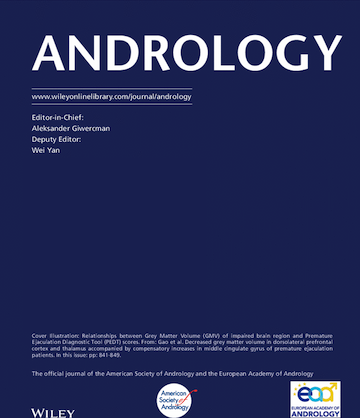
Muhammad’s paper on work he did during his six months as a visiting scholar in the Conrad lab is now available online In Andrology. Congratulations! Abstract Background: There are likely to be hundreds of monogenic forms of human male infertility. Whole genome sequencing (WGS) is the most efficient way to make progress in mapping the causative […]
A naturally occurring variant of MBD4 causes maternal germline hypermutation in primates
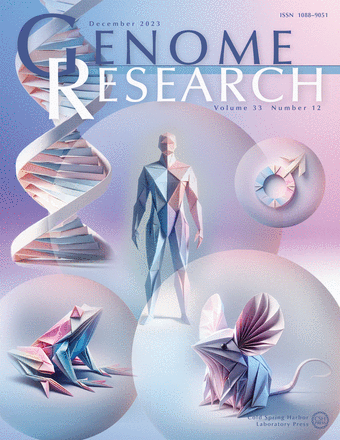
Alex’s paper is now available online in Genome Research. Congratulations! Abstract As part of an ongoing genome sequencing project at the Oregon National Primate Research Center, we identified a rhesus macaque with a rare homozygous frameshift mutation in the gene methyl-CpG binding domain 4, DNA glycosylase (MBD4). MBD4 is responsible for the repair of C […]
Consensus label propagation with graph convolutional networks for single-cell RNA sequencing cell type annotation
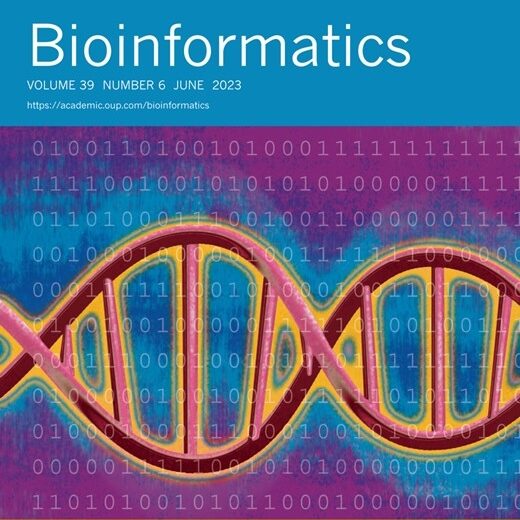
Daniel’s paper is now available online in Bioinformatics. Congratulations! Abstract Motivation: Single-cell RNA sequencing (scRNA-seq) data, annotated by cell type, is useful in a variety of downstream biological applications, such as profiling gene expression at the single-cell level. However, manually assigning these annotations with known marker genes is both time-consuming and subjective. Results: We present a Graph […]
OHSU researchers assemble comprehensive atlas of human gene mutations
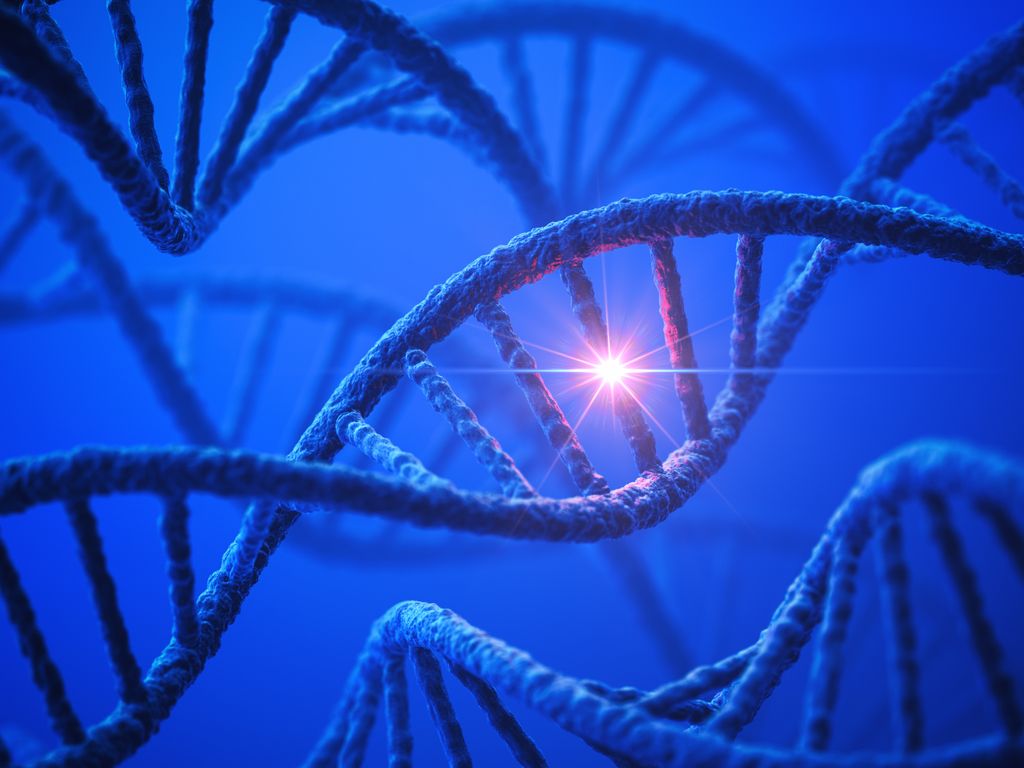
Nicole’s GTEx paper was profiled by OHSU news. Congratulations Nicole and Don!
The origins and functional effects of postzygotic mutations throughout the human life span
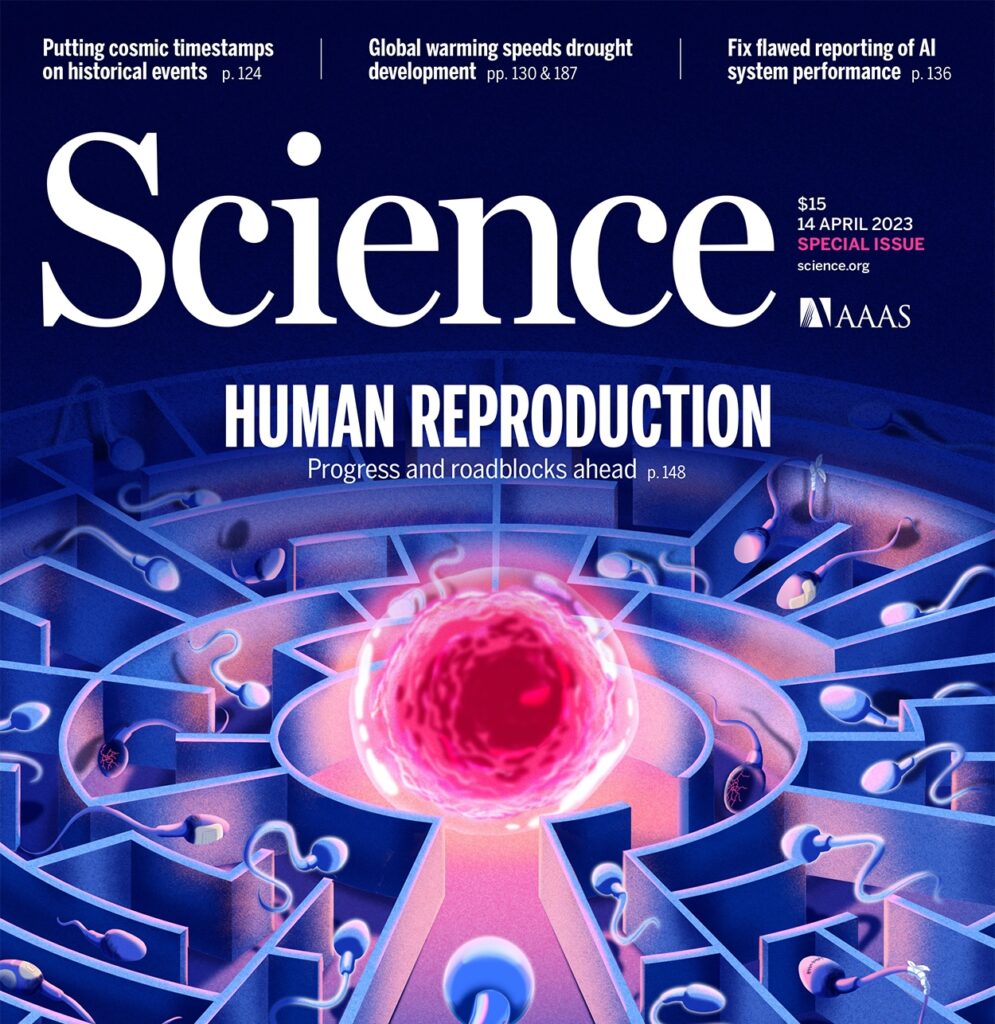
Former grad student Nicole’s paper on detecting and analyzing PZMs in GTEx data is now available online in Science. Congratulations! Abstract Postzygotic mutations (PZMs) begin to accrue in the human genome immediately after fertilization, but how and when PZMs affect development and lifetime health remain unclear. To study the origins and functional consequences of PZMs, […]
Diverse monogenic subforms of human spermatogenic failure
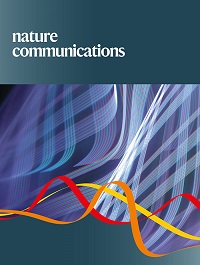
Our main GEMINI paper is now available online in Nature Communications. Congratulations to all! Abstract Non-obstructive azoospermia (NOA) is the most severe form of male infertility and typically incurable. Defining the genetic basis of NOA has proven challenging, and the most advanced classification of NOA subforms is not based on genetics, but simple description of […]
SATINN: An automated neural network-based classification of testicular sections allows for high-throughput histopathology of mouse mutants
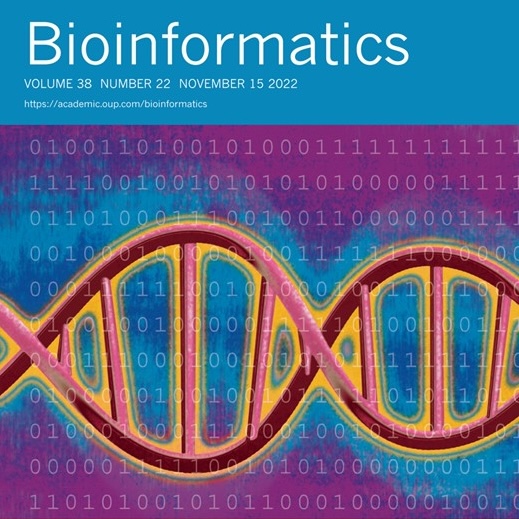
Ran and Ana’s paper is now available online in Bioinformatics. Congratulations! Abstract Motivation: The mammalian testis is a complex organ with a cellular composition that changes smoothly and cyclically in normal adults. While testis histology is already an invaluable tool for identifying and describing developmental differences in evolution and disease, methods for standardized, digital image analysis […]
Describing the origins and effects of the mutations that occur in normal individuals: How the telephone game plays out inside the human body
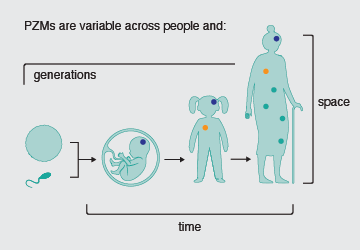
By Nicole Rockweiler In the children’s game of telephone, one person whispers a message to a second person and then that person whispers the message to a third person and so on. At the end of the game, the original message is compared to last message. This game plays out on a colossal scale in […]
Comparative single-cell analysis of biopsies clarifies pathogenic mechanisms in Klinefelter syndrome
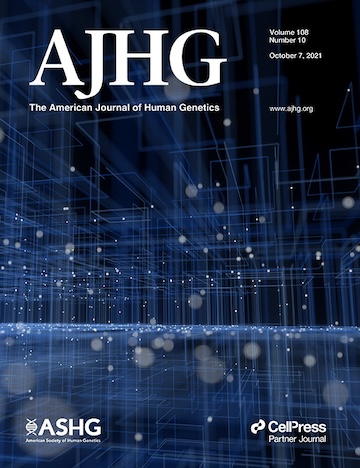
Eisa’s paper is now available online in American Journal of Human Genetics. Congratulations! Abstract Klinefelter syndrome (KS), also known as 47, XXY, is characterized by a distinct set of physiological abnormalities, commonly including infertility. The molecular basis for Klinefelter-related infertility is still unclear, largely because of the cellular complexity of the testis and the intricate […]
Variant PNLDC1, Defective piRNA Processing, and Azoospermia
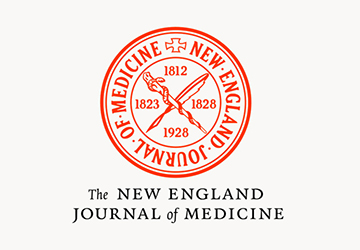
Liina’s paper with GEMINI collaborators is now available in New England Journal of Medicine. The paper describes our discovery of PNLDC1 as a new male infertility gene. One really interesting aspect is that we were able to use small RNA sequencing of testis tissue from the patients to confirm defective piRNA processing associated with PNLDC1 […]